Tiertime Filament ABS 1,75mm 2kg
77,50 € VAT Excl.
UP Fila Premium ABS, a product of Tiertime’s careful research and development, stands out in the world of 3D printing filaments. Specifically engineered to combat warping and facilitate hassle-free removal from support structures, this ABS filament exceeds conventional standards. Compatibility extends beyond Tiertime printers to encompass any 3D printer equipped with a heatbed. With an array of colors to choose from, UP Fila Premium ABS promises reliability, superior quality, and an elegant matte finish for your printing projects.
ABS (Acrylonitrile butadiene styrene) is a thermoplastic polymer often used in everyday products such as remote controls and LEGOs. It has a softening point of 90°C and a melting point of 190°C, making it heat resistant and flexible. ABS is suitable for printing small, precise, and mechanical parts due to its high heat and impact resistance. However, it is prone to shrinkage, requiring the systematic use of a heated bed during printing.
For optimal results, we recommend calibrating your nozzle temperatures between 260°C and 275°C, with the heating plate ideally set at 130°C to prevent warping. These values are indicative and may need adjustment.
It’s important to note that ABS contains Styrene, which is emitted as fine particles during melting. These particles can be harmful, especially to individuals with respiratory disorders, and their long-term effects on human health are not well understood. As a precaution, we advise using enclosed and filtered 3D printers in well-ventilated areas or dedicated spaces for ABS printing. Alternatively, consider using PLA filament, which is currently not known to pose any health risks.
Technical specifications
- Tensile strength: 30 MPa (4390 psi)
- Breaking stress: 31.5 MPa (4390 psi)
- Elongation at Break: 11.08 %
- Glass transition temperature: 107.89 °C (223 °F)
- Shore hardness (D): 69.2
| Weight | 2 kg |
|---|---|
| Color | Black, White |
| Filament diameter | 1,75 mm |
| Properties | Hardness, Impact Resistance, Tough and Durable |
Similar Products
-
Tiertime Filament ABS+ 1,75mm 500g (3 colors)
32,90 € VAT Excl. This product has multiple variants. The options may be chosen on the product page -
Tiertime Filament PLA 1,75mm 500g (8 colors)
22,50 € VAT Excl. This product has multiple variants. The options may be chosen on the product page -
Tiertime Filament PLA 1,75mm 2kg (3 colors)
77,50 € VAT Excl. This product has multiple variants. The options may be chosen on the product page
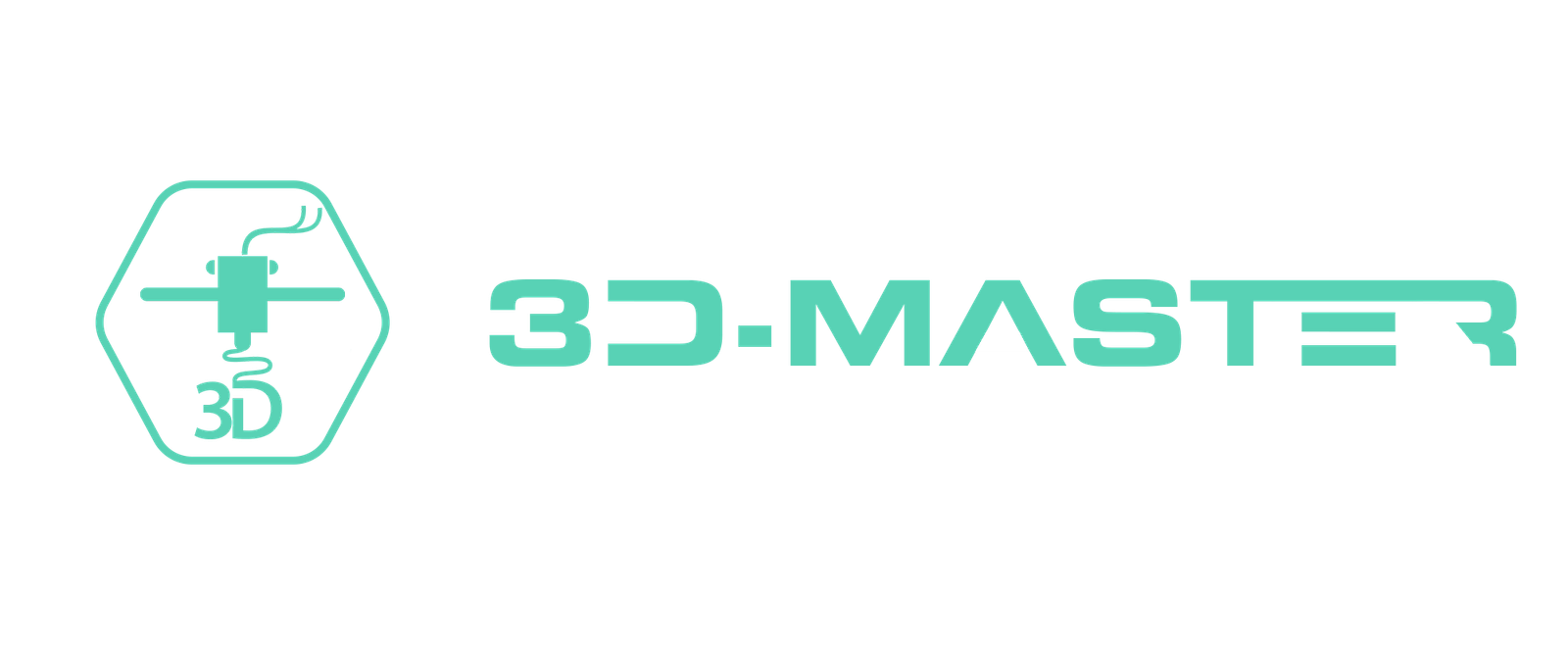

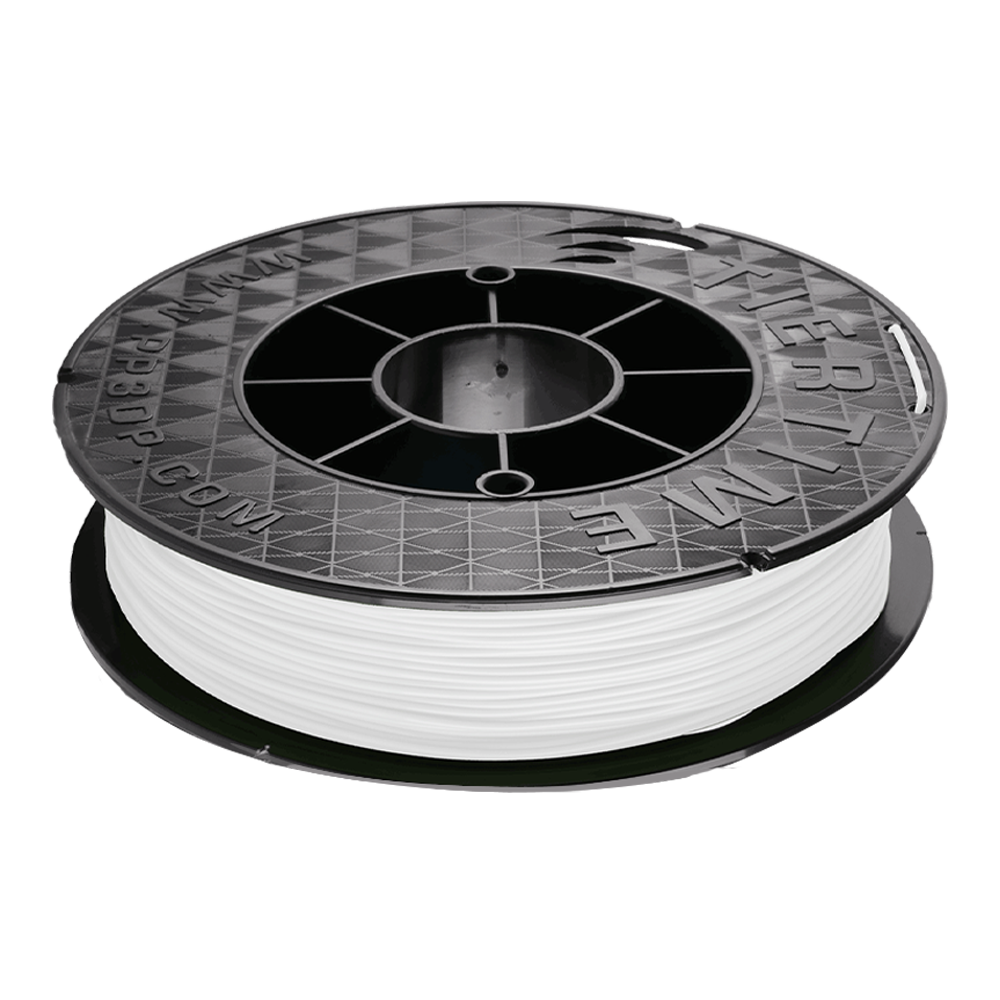
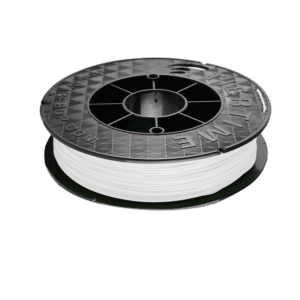
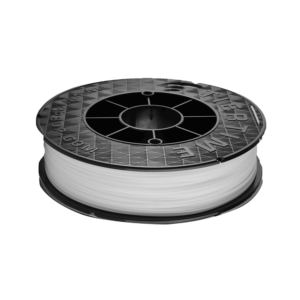
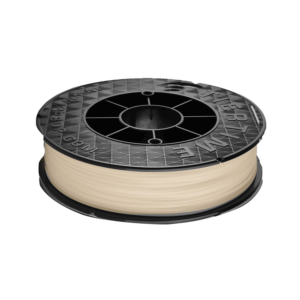
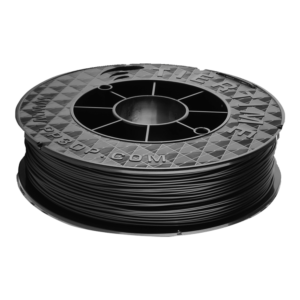
Reviews
There are no reviews yet.